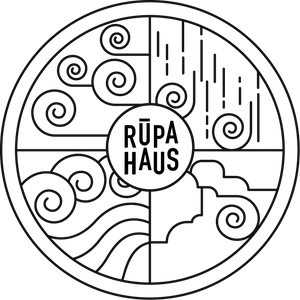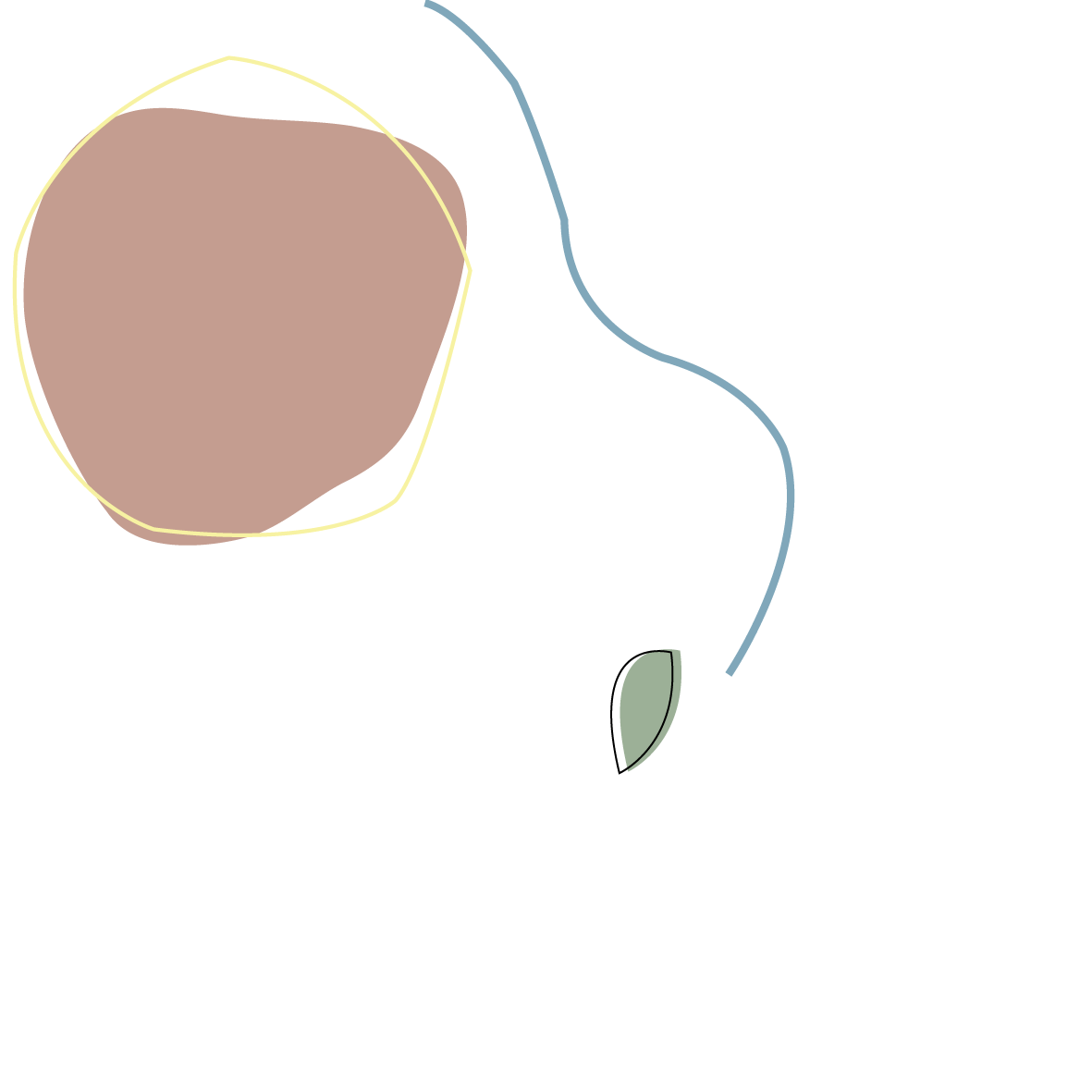In Indonesia, the Legal Minimum Wage (LMW) is extrapolated based on the Decent Living Needs Index for a city (known as “Kebutuhan Hidup Layak”) and the country annual inflation rate.
We calculated the average from all of our artisans cities and use it as the baseline value.
We choose to work exclusively with traditional artisans and treat them as rather collaborative partners than workers; this means they are their own enterprises and function independently from us. Having them standing in the focus of our operation, flexibility and teamwork are keys to our nature of collaboration. Read more about each of our artisans collectives below.
Nestled on the outskirts of Klaten, a small town 2 hours away east of Yogyakarta, the Sukinah's is the family behind all of our Lorek collections. The matriarch, a master of natural dyes for over 30 years - Ibu Sukinah has been passing down her knowledge to her daughter – Mbak Ratmi, in the hope that they can preserve the fabric making tradition.
As a result of the demand created through RŪPAHAUS, the mother-daughter duo began a collective of women weavers from their own and neighbouring villages, sharing the workload amongst families of weavers, and ultimately created a sustainable working opportunities for these women in the comfort of their own homes so they can retain their domestic presence in their households to take care of their families.
Shop the creation of these talented weavers in collaboration with us here.
Working from his independent atelier in the south Yogyakarta, Mas Ta is the maestro behind all of our Batik kimonos and shirts. He leads many local batik painters collectives, to create hand-painted crafts – from wood sculptures to textiles – solely using the Indonesian wax-resist Batik technique.
With a contemporary twist in the application of the traditional techniques, Mas Ta found a way to express his art and perspectives without losing his identity in the family heritage. Through adaption of plant-dyes, Mas Ta infuses his work with crucial message about living culture and respect of the environment.
No Batik motifs is ever the same – every RŪPA Batik piece is a collection of tradition, passion and craftsmanship, letting each piece tells its own story.
Shop the collection we collaborated with Mas Ta and his collective here.
3 hours southwest of the bustling Jakarta is a 50 square kilometre hill area sheltering an ancient tribe, the Kanekes, who eschew the modern world and foster a very limited contact with the outside world. Filled with bamboo houses and only accessible by foot, the Kanekes village lies deep in the forest and comprises two parts – the outer village that surrounds and the sacred heart of the forest where inner Kanekes reside.
Their way of life is rooted in their ancestral animism teaching and utter respect of mother nature, and is reflected in their attitude of protecting, preserving and maintaining the balance within their natural ecosystem and surroundings.
Unfortunately strong heritage preservation doesn't come without a cost. The Kanekes' isolated circumstance means earning a living is very challenging in this modern times. Led by an outer Kanekes – Arsid – the Kanekes are now able to share their revered craftsmanship with the world and generate a sustainable living wage.
Shop the full range featuring the Kanekes weavers here.
Surrounded by untouched nature, Sumba is filled with richness in colours and textures that don’t exist in other parts of Indonesia. The East Sumbanese Ikat weavers take pride in their heritage and strongly believe it as a sacred legacy from their ancestors; which is reflected in the methods that govern their practices.
Led by one of the East Sumba’s best natural dyes masters - Papa Deki – and supported by Mama Ika who's responsible in guiding and training the young weavers collective as well as Kak Esi who's the indigo master dyer in the family.
Having grown up in a weaver's family, Papa Deki’s extensive knowledge doesn't come without the hard work. At a young age, he not only dedicated his life to become a natural dye master in the hope of preserving his traditional heritage and empowering his community to continue the tradition, but also to responsibly source his working materials from his immediate surroundings.
Discover our home textile collection featuring the work of Ikat weavers here.
44km from the creative hub of Yogyakarta, nestled within Menoreh Hills and the world's largest Buddhist temple, the Borobudur, Klipoh village is a home to generations of artisanal potters since the 9th century, like Supoyo and Arum, our father-daughter artisans duo. Being grossly influenced by the presence of Borobudur, every piece of our clayware celebrates the beauty of imperfection and authenticity. We salvage "flawed" clayware, pieces that didn't make a cut due their imperfect shapes or textures and give them a second chance, but also encourage the potters to break out of their norms, and learn to appreciate unique beauty in everything by creating handmade pieces that honour the freedom of creativity from its makers. So when we say it’s handcrafted, it really comes from the heart.








